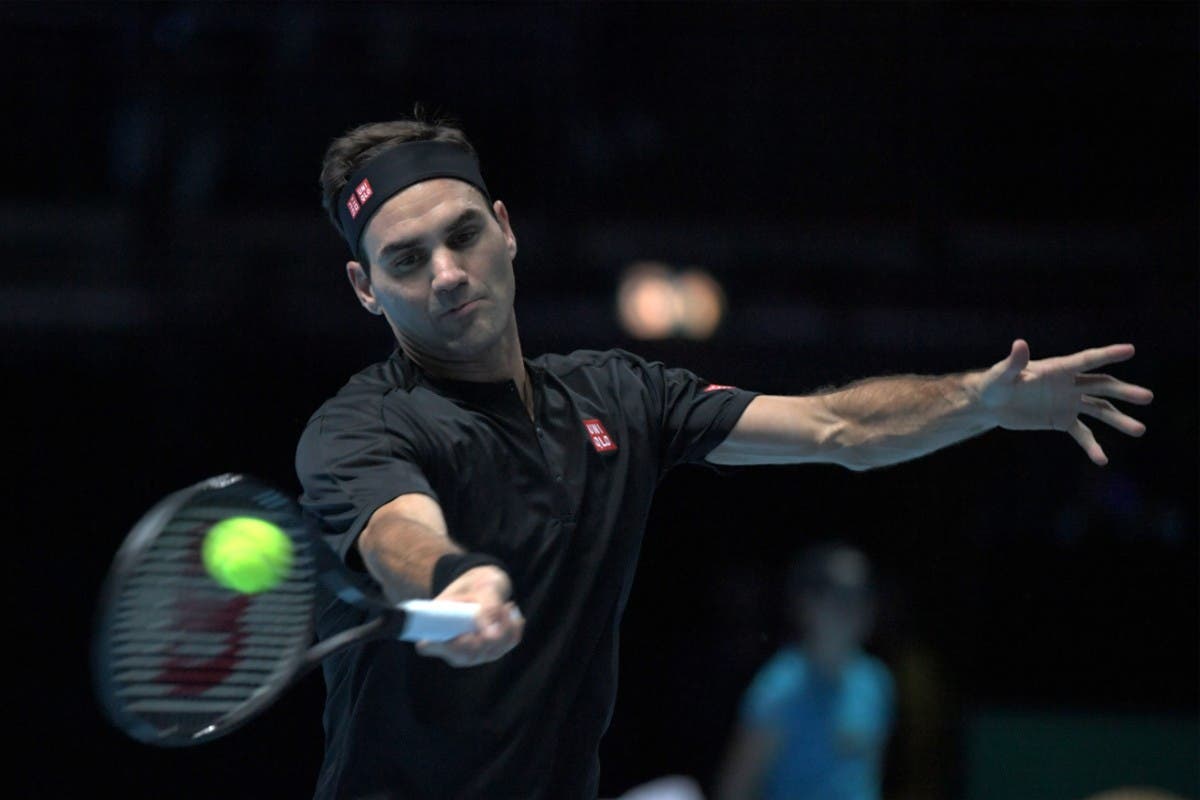A frustrated coach calls. Asks for a mental tool to help “fix” their player’s mentality. But it’s not always a mental tool that is required. Often, it’s about going back to the basics. It’s about educating players about the realities of tennis. First step is getting players to know how to count. Second step is educating players about the score system. Close to every coach gets the first step done properly. The second step, not so much. And let me be the first to say, I have not been any better myself.
So how do we start to educate players about the score system of tennis?
A bold but true statement, that needs to be taken into account. “Tennis players are a bunch of losers” as Kelsey Anderson once entitled a blog post of hers. The reality is that tennis players lose a lot when playing matches.
Craig O’Shannesy has made statistics in tennis easy to understand and digest. Craig’s work is a cornerstone in helping players with more realistic expectations. More realistic expectations equal less frustration and anger on court.
So, let’s have a look at a key static to help educate the player you are coaching.
Roger Federer
-103 titles
-1200+ match wins.
-20 Grand Slams
-Nearly $130 million in prize money
Undeniably one of the best tennis players to ever live.
How many percentages of the points he has played in his professional career has he won?
Before I knew the statistic, I guessed 70% or even 75%. After all, we are talking about Roger Federer.
I was wrong!
55%.
Meaning that Roger Federer has lost 45 % of the points that he has played in his professional career. Almost half the points he has played. I was astonished the first time I heard this statistic!
We are not talking about your average professional, it’s a player that has dominated the sport together with the rest of the so called “big three”.
Talking about “the big three”. Interestingly Rafael Nadal and Novak Djokovic are the only 2 other players to equal Federer on 55 % of points won in their professional career.
So what does this statistic mean to players?
A lot of players believe that they should be winning 8/10 points to win a match. That they have to destroy the other player. They play 3 good points and then miss an easy put-away forehand and yell “I’m sooooo bad!”.
The reality is that if a player is only messing up on every 4th point, they are doing an unbelievable job. Tennis is a game of mistakes. No matter how hard players try they can’t avoid making mistakes. We want to minimize unforced errors but player’s thinking that they can go through a match without making mistakes and losing a lot of points is simply unrealistic.
When a player’s internal reality is different from the reality they are faced with in matches, it will lead to frustration and anger. The frustration and anger will be termed as bad behavior and a mental problem. The mental problem is often attempted to be fixed with mental tools. Could be a physical routine or a breathing technique. While the mental tools can treat the symptom and be very helpful in acute situations, it’s important to address the cause of why the frustration and anger arises in the first place.
From the 55% statistic on Federer how is it possible to help the players with more realistic expectations?
Here are 2 coaching advice to reinforce to players:
“Expect to lose almost every other point even in the matches that you are winning”
“If you can keep you opponent from winning 2 points in a row for long enough – eventually you’ll win”
Remember that unrealistic expectations lead to players experiencing frustration and anger. The better we educate players about the realities of tennis, the more realistic expectations they will have. The more realistic expectations the more focus and mental energy can be spent focusing on their gameplan and executing their shots. The more focus on executing their shots, the bigger opportunity of performing well. The better the player perform, the bigger the opportunity of winning the match.
By Adam Blicher
Danish Sport Psychologist Consultant Adam Blicher is a member of the International Sport Mental Coach Association






